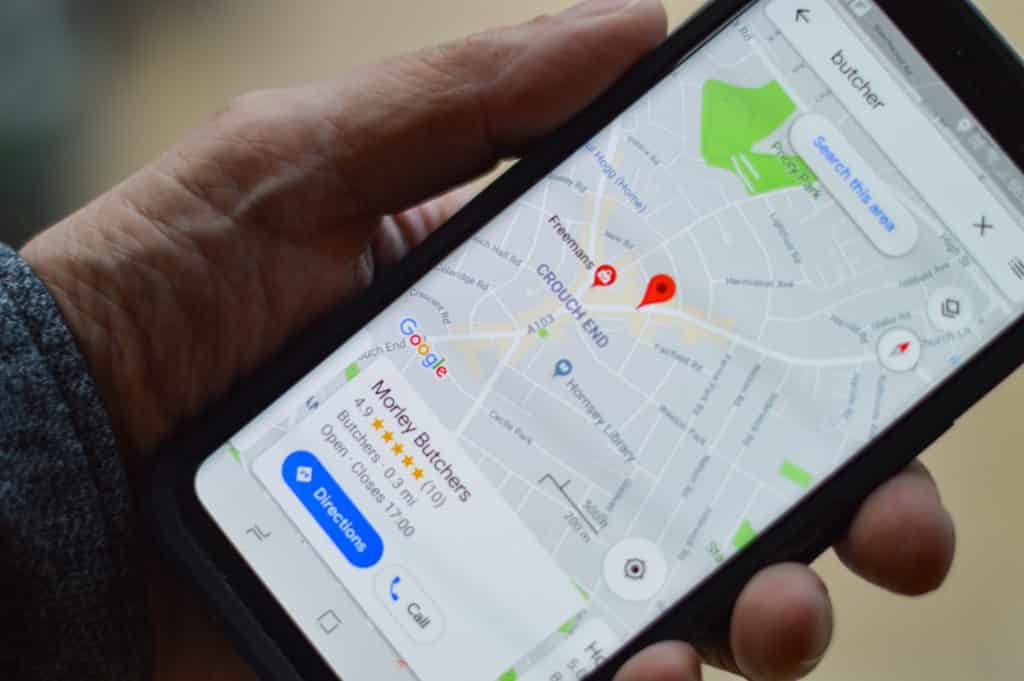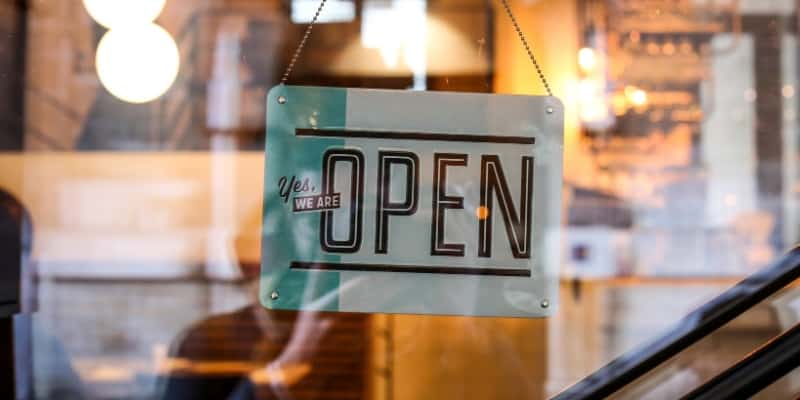Local search optimization is the strategy applied to your store or headquarters page(s) that helps to appear in search engines, generally in the “Google Local 3 Pack” pictured below.


Local search has many aspects, but the most important thing to understand is that search engines want to ensure that your business has accurate name, address and phone (NAP) data available. If your information is the same on many different sources, then search engines will trust that your business is genuine and reputable. This trust flows into services like Apple and Google Maps so it is very important to have accurate information, especially if your business has moved or changed hours of operation at any point.
Although NAP data is the most common optimization area for local search, many other opportunities exist. Here are a few ways you can ensure your business always appears when users are searching in your local area.
Table of contents
Create Localized Content
An area that many businesses fail to consider (due to wanting to appear ‘corporate’) is to create content specifically around your local area. If your business is in Overland Park, KS, then you should be focusing on what is happening in your area. Although it is tempting to only create content around universal topics, local content helps establish semantic linking for your topic clusters. This is great for your business if you are serving a local area (HVAC/plumbers, hotels, restaurants, etc).
Use Google Business Profile ( Previously Google My Business)

Google’s free local listing service, Google Business Profile provides local search information that can only be obtained through having an account with Google (such as Google Local 3 pack clicks for phone calls and directions to your store). The service allows you to send local business information to the search engine (such as photos and posts which can highlight specials or promotions) and to view local search analytics. Bing also has a local listing service called Bing Places for Business. Don’t forget to setup both search engines’ local search service!
Utilize a local search listing provider
To establish a strong local search presence, it is important for your business to build a large footprint on the web. This can be accomplished very quickly by investing in local search citations through a citation provider or local search listing agent. Some of our favorites are Moz Local (https://moz.com/products/local) and WhiteSpark (https://whitespark.ca/). Moz Local charges a recurring $99/year fee to actively manage your local listing citations from one platform. You can check your current local search presence with their free tool here (https://moz.com/local/search). Whitespark offers a wide variety of services and tools; however, I want to highlight my personal favorite service of theirs. Citation building (https://whitespark.ca/citation-building-submission-service/) creates a set of citations (both general and contextual to your industry) to your business to assist in inbound links and local NAP data distribution. You can combine Moz and Whitespark services to get the most out of you local search listings.
Gather and respond to reviews

Local business reviews (in Google, Yelp or other platforms) are extremely important. BrightLocal found that 68% of consumers say review sentiment influences the trust they feel in a business. Getting reviews for your business is all about ASKING for reviews. If people are happy with your product, they need to be actively reminded that your business is run by real people who would truly love the good PR. If people are happy with a service they need to be actively reminded to say something; however, the opposite is true if someone is unhappy. People will quickly hop on for a negative review if they’re unhappy with your service, unfortunately. This is why it’s extremely important for you to monitor reviews and respond (nicely) to customers.
If you’re struggling to obtain reviews, here are some great tips from Moz (https://moz.com/learn/seo/local-reviews):
- Gathering emails at the time of service and sending a request for a review shortly after the time of service
- Have a Review Us page on your website, featuring links to you major review profiles
- Offering print material (receipts, handouts, cards) at the time of service that requests a review
- Asking, personally, for a review at the end of a transaction
- Experiment with more advanced techniques like these ones, these ones and these ones.
- If your business has been neglecting review management and you’re ready to change that, consider doing a full review audit.
- Beware of spammy review management services, but know that some good options do exist. GetFiveStars and Grade.us are examples of paid services which help you mine customer sentiment and encourage reviews in a totally above-board fashion.
Add structured data to your site
Structured data is additional information that can be added to the code of your website. Similar to the meta data of your page, structured data provides search engines with additional context about the information provided. It helps search engines to better understand the semantic relationships between your content as well as helps to improve how Google showcases your information in search results. Google’s Gary Illyes has stated that “It will help us understand your pages better, and indirectly, it leads to better ranks.” For local pages, the best structured data to add to your page(s) is Website, LocalBusiness, Business Hours, Event, Reviews and potentialAction (if users can make reservations on your site). Here is Google’s resource on local business markup (https://developers.google.com/search/docs/data-types/local-business). If this seems a bit too technical, consider contacting us to help setup Structured Data on your website.
Add hyperlocal content to your local page(s)
This piece of advice matters most to businesses with more than one location. If you are a single location business than your homepage will service as your business page since your entire website is dedicated to your business.
Creating a local business page is more than just tossing a contact form and some hours of operation. Your local business page is where many customers will begin their journey on your website. Not only is it the gateway into your website, but search engines rely on this page as a signal of your local presence. Bulk up your local business pages with the following elements:
- Owner/manager photo and profile
- Services list and descriptions
- Click-to-call phone number
- Hours of operation
- Address and link to Google Maps directions
- Promo offer and call to action
- Custom description about what makes the location special
- Featured brands
- Frequently asked questions
- Most popular products/services
Create a one-stop shop for customers to get acquainted with your local business. This will immediately increase your conversion rate as well as search engine rankings for your local business pages. Here is a great example: https://www.gcrtires.com/locations/526/kansas-topeka
Summary
Local search optimization is a requirement if your business has a specific service area and public hours of operation. As voice search becomes more popular (50% of all searches will be with voice by 2020), localized intent will mean providing search engines with clear, easy-to-update information about your local business. Following the tips above will help your business improve your local search rankings, get more reviews of your business and provide a great website experience for visitors who click to learn more about your company.

